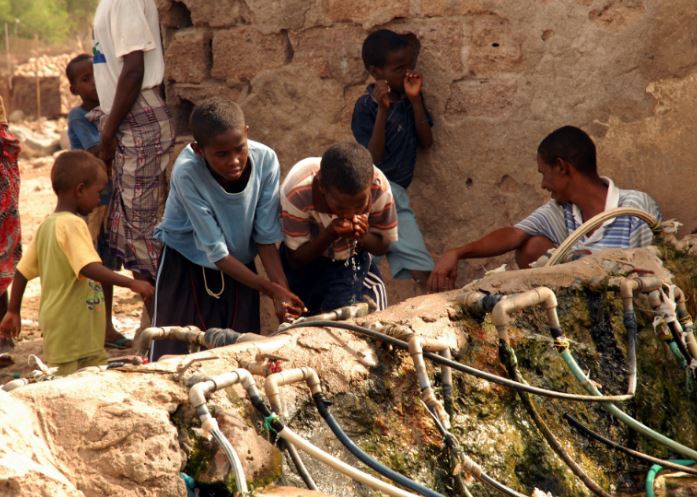Meeting the global challenges of water security and urban disaster planning

Researchers from Leeds are partners in two pioneering international collaborations to develop new approaches to the global challenges of improving water security and urban disaster risk management.
The projects are part of an ambitious new initiative established by UK Research and Innovation (UKRI), as part of the Global Challenges Research Fund (GCRF). The new scheme will invest £200M across 12 global Research Hubs to tackle some of the world’s most pressing challenges.
A team at the University of Leeds is a key partner in the £17.7 million Water Security and Sustainable Development Hub. This international partnership of 55 organisations from 12 countries includes collaborators from Colombia, Ethiopia, India, Malaysia, and the Universities of Newcastle and Oxford.
Eighty per cent of the world’s population lives in areas threatened by water security, made worse by pressures such as pollution, urbanization and land degradation. The Hub will collect scientific data and engage with stakeholders, from local communities to NGOs and government ministries, to find new solutions for water security issues.
The water@leeds researchers will contribute expertise in resource recovery from wastewater and faecal sludge (Dr Miller Alonso Camargo-Valero); sanitation, hygiene and water services in the global south (Professor Barbara Evans); global water resource modelling and remote sensing datasets (Dr Mark Trigg); institutional change, politics of impact, political ecology and co- production (Dr Anna Mdee); and capacity-building, gender and development (Dr Lata Narayanaswamy).
Dr Miller Alonso Camargo-Valero (water@leeds Associate Director) says “this new project will help to identify the barriers holding back the delivery of sustainable water services by considering the multi-dimensional complexity of water”. It will incorporate a wider range of value perspectives including religion, environment, gender, social circumstances and culture, that take into account the need for equity and the basic needs of the poor and the vulnerable.”
Full article can be found here
